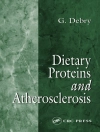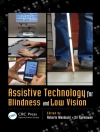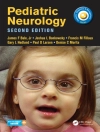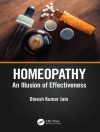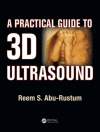There is a unique nutritional commonality developing in research relating to coronary heart disease and cancer. The primary aim of this conference was to provide a forum for the leading researchers, clinicians, educators and administrators in these two fields to present a program on heart disease and cancer which included a) the major historical milestones, b) the present areas of greatest interest in research and therapy, c) the latest nutritional, molecular, and biotechnological advances, and d) a perspective on the most promising areas for future research and therapy. Scientists have long contended that research marches on the feet of methodology. Thus there are numerous examples of research fields opening secondary to methodological advances. Some examples are: 1) thin layer and gas-liquid chromatography which, along with high pressure liquid chromatography have broadened the line of advances in lipid research and 2) pe R and the resultant impact on molecular biological approaches to several fields of science. The organizers of this conference thought the time was propitious for bringing together knowledge on newer aspects of molecular biological research with current advances in the two major areas of degenerative disease–coronary heart disease and cancer. Our knowledge of these "killer diseases" has expanded greatly in the past few years and the advance has been catalyzed by use of an array of molecular biological techniques. Thanks to these, medical thinking in these areas is changing from considerations of treatment to strategies for prevention.
Marc K. Drezner & David Kritchevsky
Nutrition and Biotechnology in Heart Disease and Cancer [PDF ebook]
Nutrition and Biotechnology in Heart Disease and Cancer [PDF ebook]
Dieses Ebook kaufen – und ein weitere GRATIS erhalten!
Sprache Englisch ● Format PDF ● ISBN 9781461519577 ● Herausgeber Marc K. Drezner & David Kritchevsky ● Verlag Springer US ● Erscheinungsjahr 2012 ● herunterladbar 3 mal ● Währung EUR ● ID 4613538 ● Kopierschutz Adobe DRM
erfordert DRM-fähige Lesetechnologie




